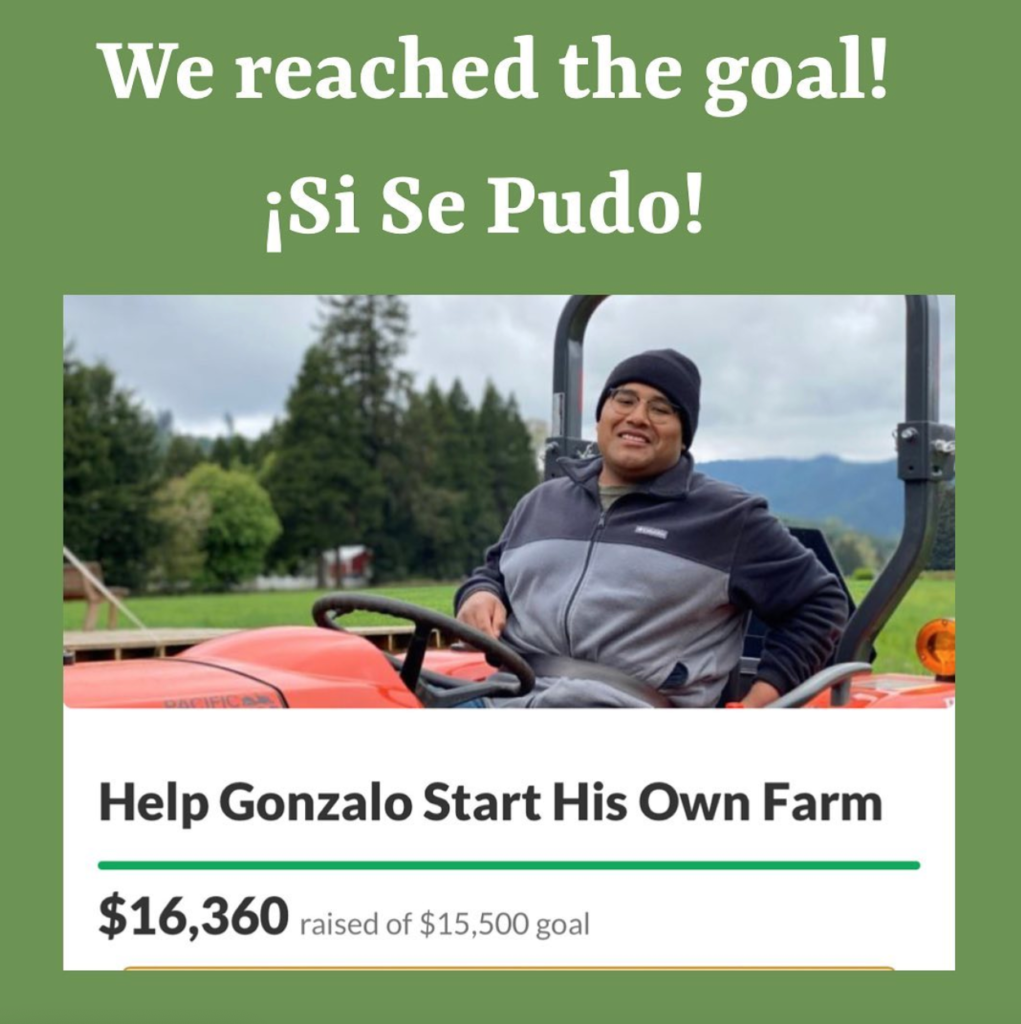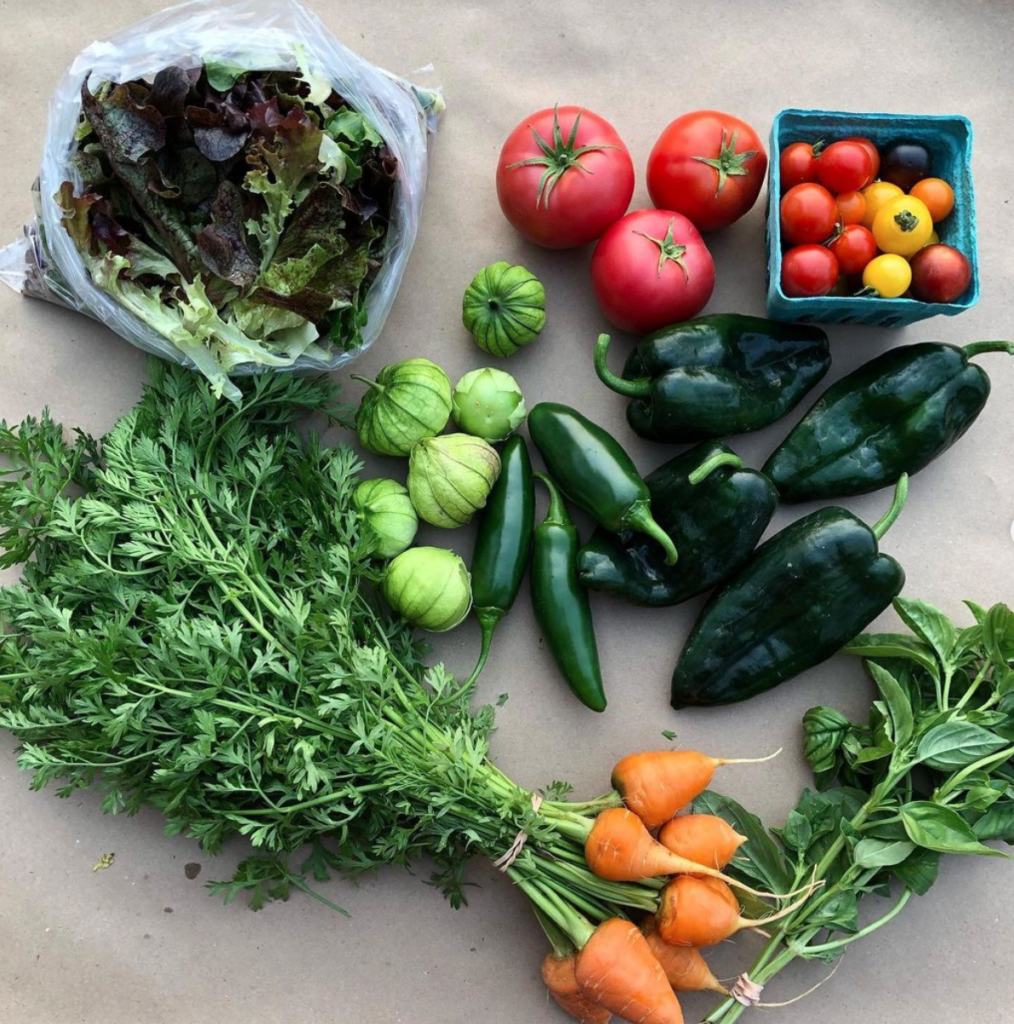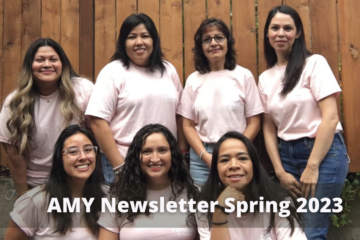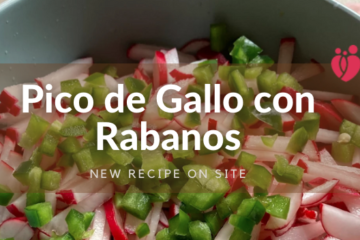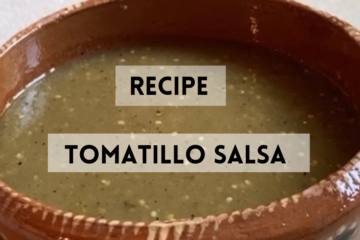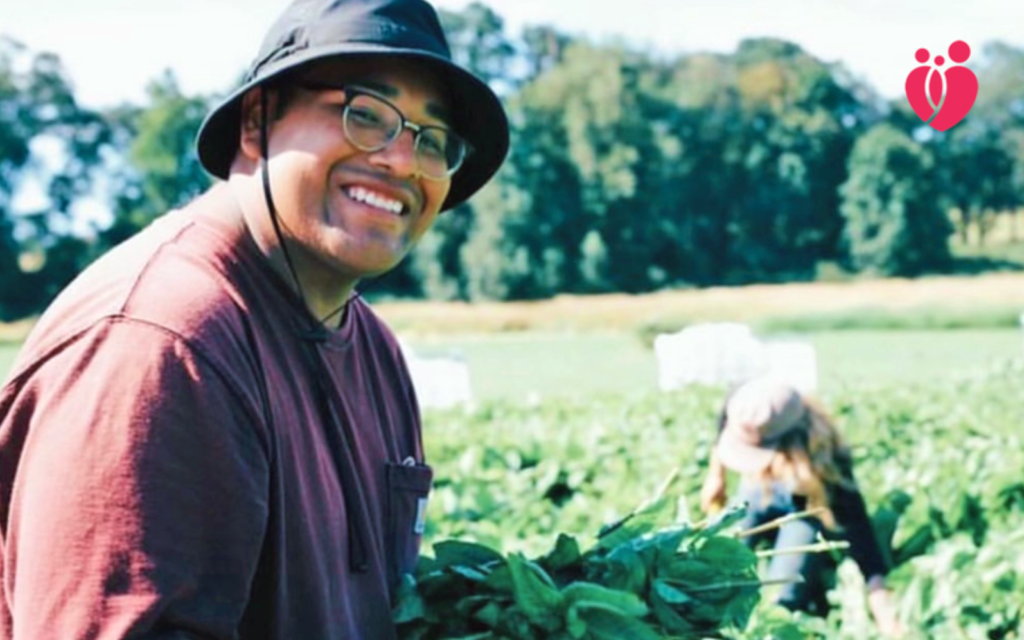
Gonzalo was really passionate about getting into agriculture as a way to connect to his Indigenous heritage and to create some healing. His family is from a small rural town in Oaxaca, Mexico, where the majority of the people are Indigenous and grow a lot of the food they eat like Maiz. He describes it as a very humble and beautiful way of life, and it made him sad to not have access to it as a result of migration. These thoughts were always in the back of his head, but he never really knew how to move forward with them. Then in the fall of 2019, a friend shared an application with him for the Zenger Farm Apprenticeship Program, an 8-month intensive program focused on teaching folks all the aspects of running a small-scale farm. He applied and was successful in getting one of the 4 spots available. It was an incredible experience getting to witness an entire season of growing and stewarding the land. What made the experience even more unique was seeing the ways that Zenger Farm and community partners worked to make their food accessible to low-income and other marginalized folks. Gonzalo’s experience challenged and inspired him to envision what food justice could look like for his community.
Towards the end of his farming apprenticeship at Zenger Farm in 2020, they got to tour and learn about the Headwaters Incubator Farm in Gresham, OR. This program is managed by the East Multnomah County Soil and Water Conservation District and makes land and other farm infrastructure accessible to beginning farmers. Being able to witness how much support there was for beginning farmers like him, empowered him to make the decision to apply for a spot in the farm incubator program, and he was accepted. Gonzalo wasn’t sure if he would be able to go through with it though, because he didn’t have the funds to buy supplies/tools and provide for himself during that first year. But he is resourceful and really wanted to make it happen, so he started a Gofundme and was able to raise some funds to cover everything he needed for the farm and to cover some living expenses.
He would not have been able to pursue his farming dreams without the support of community members who believed in his farm aspirations. What especially motivated him to pursue this wild dream was my desire to see more farms owned by People of Color, especially Migrants and folks who have traditionally been exploited by large-scale agriculture. Like many other migrant families, his family struggled with living expenses when they first moved to the United States. To help make ends meet, his family relied heavily on food pantries. Though he is grateful for the support we received, he wants to recognize how these nonprofits sometimes fail families by providing mostly canned foods and foods that are not culturally significant.
This experience really informed his vision for food justice and has guided the way his farm operates. He is trying to grow culturally significant vegetables for Latinx folks, things like maiz, epazote, calabazas, and more. Next year, he wants to find more creative ways to get all his food out to Latinx folks and to also share my experience and traditions through community events centered on Latinx folks.
